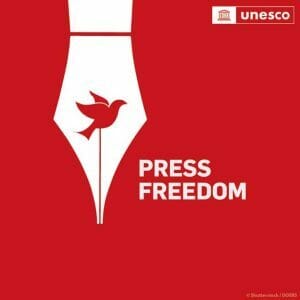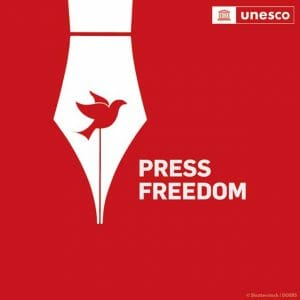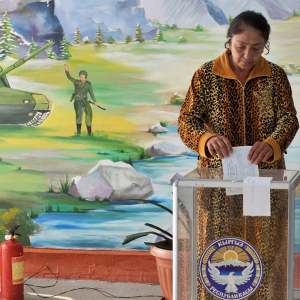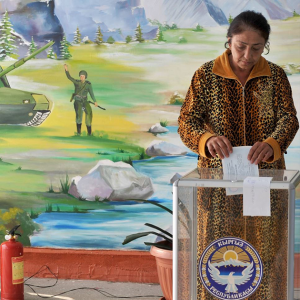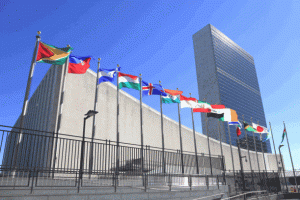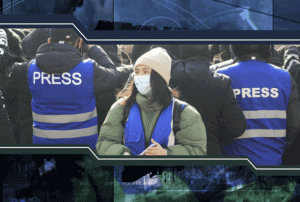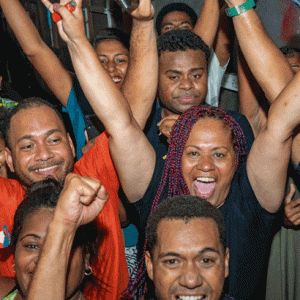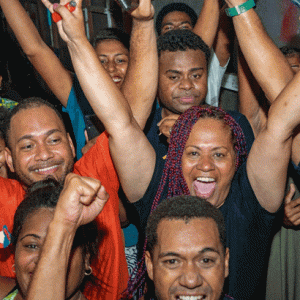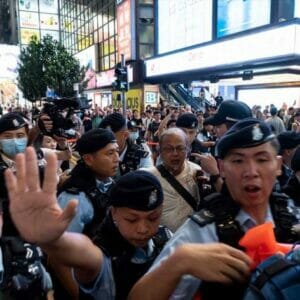
Asia-Pacific, Civil Society, Crime & Justice, Democracy, Education, Featured, Headlines, Press Freedom, TerraViva United Nations
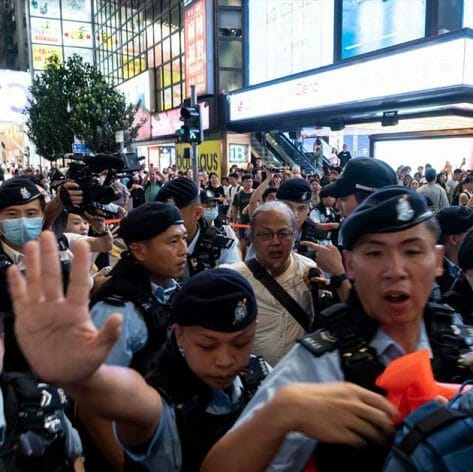
Credit: Yan Zhao/AFP via Getty Images
– Nothing was more predictable than repression. Merely for holding candles and flowers, people were taken away by Hong Kong’s police.
The occasion was the anniversary of the Tiananmen Square Massacre, 4 June 1989. Hong Kong was until recently home to mass annual vigils where thousands gathered to keep alive the memory of that day. But that’s all gone now in the crackdown that followed large-scale protests for democracy that erupted in 2019.
Hong Kong’s authorities are evidently determined to erase any form of acknowledgement that the massacre ever happened. Memorials and artworks commemorating it have been removed. Books that mention the tragedy have disappeared from libraries. Shops selling the LED candles commonly used to mark the occasion were visited by the authorities in the run up to this year’s anniversary.
The organisation behind the vigil, the Hong Kong Alliance in Support of Patriotic Movements in China, closed itself down in 2021 following a police investigation. Several of its leaders were jailed in March.
Instead of hosting the usual vigil, this year Hong Kong’s Victoria Park was home to a carnival celebrating Chinese rule. People wanting to mark the occasion had to do so in private.
This is only the tip of the iceberg. People are mourning not only the many who died on 4 June 1989 but also the Hong Kong vanishing before their eyes.
Further than ever away from democracy
When Hong Kong was handed over to China by the UK in 1997, China agreed to maintain the country’s distinct political and economic structures for the next 50 years, under the banner of ‘one country, two systems’.
Hong Kong’s Basic Law guaranteed civic rights, including freedoms of association, peaceful assembly and expression. China committed to move towards universal suffrage for the election of Hong Kong’s Chief Executive, the head of government.
But following the democracy protests that burst out in 2019, China has unilaterally torn up that agreement. Three years ago, the government passed the National Security Law, a sweeping piece of legislation that criminalises criticism of the authorities. It’s been used alongside existing laws, such as the law on sedition, to jail leaders of the democracy movement.
China never made good on its promise of universal suffrage. It’s gone in the opposite direction. Current Chief Executive John Lee – who as security chief led the violent crackdown on democracy protests – was chosen last year by a hand-picked 1,500-member Election Committee, which duly endorsed him as the sole candidate.
The Legislative Council, Hong Kong’s parliament, had already been neutered. The number of directly elected seats has been slashed and people are disqualified from standing if they question China’s sovereignty over Hong Kong.
Now the District Councils are in the firing line. When the last elections for the municipal bodies were held, in the thick of democracy protests in November 2019, pro-democracy parties triumphed.
Such a result is now impossible. In 2021, a law was passed requiring all district councillors to swear an oath of allegiance affirming their ‘patriotism’ for China. Most of the pro-democracy candidates elected in 2019 were disqualified or resigned.
Now when new district councillors are chosen in November, only 20 per cent of seats will be directly elected. The authorities will fill the rest with their supporters, all vetted to ensure their ‘patriotism’. Little wonder that the Civic Party, one of Hong Kong’s leading pro-democracy parties, recently announced it was closing down.
A hollowed-out Hong Kong
Hong Kong was once a country where people felt safe to protest. It had a flourishing media and publishing industry. Now journalists are criminalised and key independent media have shut down.
Civil society organisations and trade unions have done the same. The remaining organisations are scattered, practising self-censorship. Protests continue to be heavily restricted: this year a planned International Women’s Day march was cancelled after police threats.
People continue to try to find ways to express dissent, but any small gesture can attract the state’s ire. The death of Queen Elizabeth II gave people an opportunity to use public mourning to express at with the regression since handover. But when a vigil was held during the Queen’s funeral, a harmonica player was arrested for daring to play the tune Glory to Hong Kong, associated with the democracy protests.
Last year five speech therapists were convicted of producing ‘seditious publications’. Their crime was to produce children’s books in which sheep defend their villages from wolves. This was taken to be an allegory of China’s control of Hong Kong.
Everyday repression is making Hong Kong a hollowed-out country, its population falling. Some schools face closure due to falling student numbers. Many have fled, not wanting their children to grow up in a country where education is indoctrination. The curriculum has been reworked to teach students loyalty rather than independent thought. Many teachers are leaving the country or taking early retirement.
With the legal system facing increasing interference and political pressure, lawyers are also among those fleeing.
A key test will be the trial of Jimmy Lai, former media owner and democracy campaigner. He’s already been found guilty on numerous counts. His newspaper, Apple Daily, once Hong Kong’s most widely read pro-democracy paper, shut down in 2021. He faces trial under the National Security Law, which could mean a life sentence.
The judges who will try Lai have been handpicked by John Lee. Meanwhile the authorities have tried to prevent Lai’s defence lawyer, UK barrister Tim Owen, representing him in court. In March they passed a law giving Lee the power to ban foreign lawyers working on national security cases. It isn’t looking promising.
Lai is one of Hong Kong’s 1,508 political prisoners. Even as the population shrinks, the imprisoned population just keeps getting bigger. The candles that commemorate the Tiananmen Square Massacre and the yearning for democracy will continue to flare around the world in exile – but those lights are being extinguished in Hong Kong.
Andrew Firmin is CIVICUS Editor-in-Chief, co-director and writer for CIVICUS Lens and co-author of the State of Civil Society Report.

